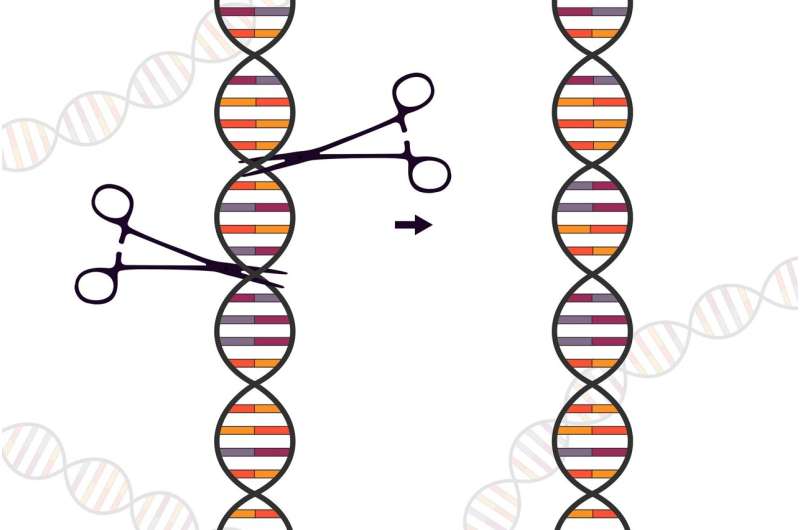New Cellular Mechanism Discovered That Could Lead to Innovative Parkinson's Disease Treatments

A new cellular mechanism has been discovered that could lead to innovative therapies for Parkinson's disease by enhancing mitophagy, the cell's mitochondrial cleanup process.
Recent research from the Max Perutz Labs at the University of Vienna has uncovered a groundbreaking cellular trigger that could pave the way for new therapies for Parkinson's disease. The study focuses on autophagy, the cell's natural process of cleaning and recycling damaged components, which is vital for maintaining cellular health. Specifically, the research delves into mitophagy, a specialized form of autophagy responsible for degrading malfunctioning mitochondria—structures crucial for energy production in cells. Dysregulation of mitophagy has been closely linked to Parkinson's disease, making it a critical target for therapeutic intervention.
In their latest investigation, scientists identified a novel mechanism that triggers mitophagy independent of the previously well-studied PINK1/Parkin pathway. Led by postdoctoral researcher Elias Adriaenssens, the team discovered that two known mitophagy receptors, NIX and BNIP3, can initiate autophagy without interacting with the traditionally essential protein FIP200. Surprisingly, mass spectrometry analysis revealed that these receptors directly bind to WIPI proteins, which were previously thought to act later in the autophagy process. This indicates the existence of alternative pathways for mitophagy activation, broadening our understanding of cellular cleanup processes.
This discovery highlights the cellular ability to employ different molecular strategies depending on the context and receptor involved. Such flexibility could be exploited to develop targeted therapies that activate specific pathways, especially in cases where the conventional PINK1/Parkin pathway is defective. By distinguishing between these pathways, future treatments could selectively enhance mitophagy, offering hope for individuals with Parkinson's disease caused by impaired mitochondrial clearance.
The research emphasizes the significance of comprehending multiple autophagy pathways and their regulators. This could lead to innovative approaches that restore cellular health in neurodegenerative conditions. The findings have been published in the journal Nature Cell Biology and mark a vital step toward understanding and manipulating cellular quality control mechanisms for therapeutic benefit.
For more insights, visit the original study: Nature Cell Biology. Source: https://medicalxpress.com/news/2025-07-newly-cellular-trigger-therapies-parkinson.html
Stay Updated with Mia's Feed
Get the latest health & wellness insights delivered straight to your inbox.
Related Articles
Innovative Gene-Editing Technique Offers Hope for Childhood Vascular Disease Treatment
A novel CRISPR-based gene-editing technology shows promise in treating deadly childhood vascular diseases by precisely targeting genetic mutations, extending survival in preclinical models.
WHO Supports Access to Affordable Weight-Loss Medications and Promotes Generic Alternatives
WHO recommends key weight-loss medications for global use and urges the production of affordable generic versions to improve access in developing countries, aiming to combat obesity and related health issues worldwide.
Gene Therapy Shows Promise in Lowering Stroke Risks for Sickle Cell Patients
Recent research highlights gene therapy's potential to lower stroke risks in sickle cell disease by normalizing brain blood flow, offering new hope for neurovascular health management.
Understanding Why Alcohol Policies Often Overlook Those at Highest Risk
Discover why alcohol policies often fail to protect the most at-risk populations and learn how social and structural factors influence alcohol-related harms across different communities.



